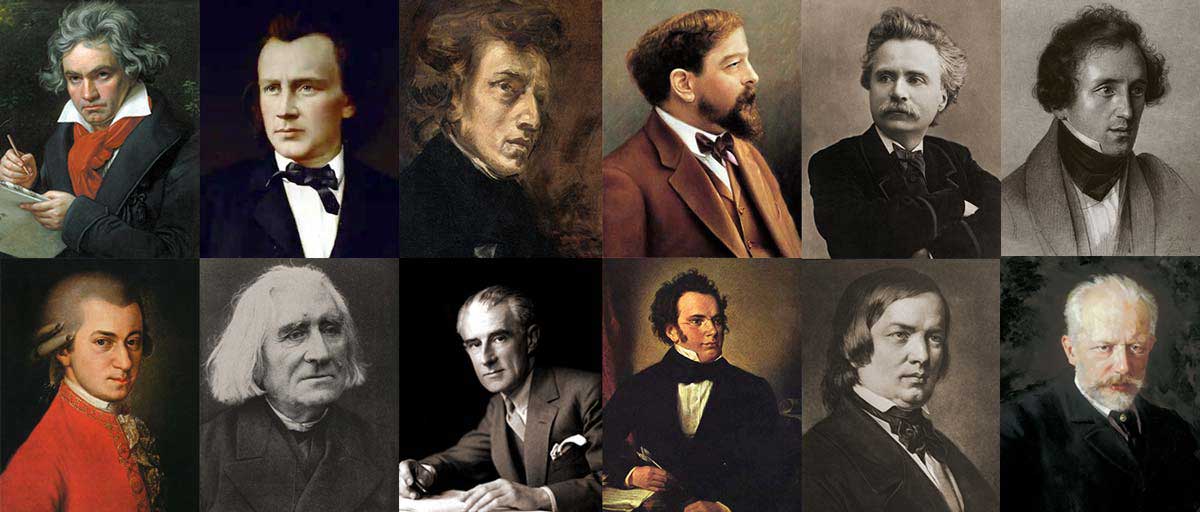The Piano Works: A Deep Dive into the World of Piano Music

The Piano Works is one of the most versatile and beloved musical instruments, capable of producing a vast range of emotions, from delicate melancholy to thunderous passion. The Piano Works encompass everything from classical sonatas to modern jazz improvisations, making it a cornerstone of music history. Whether performed in grand concert halls or intimate home settings, piano music continues to captivate audiences worldwide.
What makes piano works so special is their ability to convey complex musical ideas with just one instrument. Unlike orchestral pieces that rely on multiple instruments, piano compositions often carry the weight of harmony, melody, and rhythm alone. The Piano Works This unique characteristic has allowed composers like Beethoven, Chopin, and Debussy to create timeless masterpieces that remain influential centuries later.
The Evolution of Piano Music
The history of piano music is rich and varied, evolving alongside the instrument itself. The Piano Works The earliest pianos, developed in the early 18th century, were vastly different from today’s grand and upright pianos. The Piano Works Composers like Mozart and Haydn wrote pieces specifically for the fortepiano, a precursor to the modern piano, which had a lighter and more delicate sound.
As the piano evolved, so did its music. The Romantic era brought dramatic changes, with composers like Liszt and Rachmaninoff pushing the instrument’s technical limits. The Piano Works Their works demanded incredible virtuosity, transforming the piano into a vehicle for both emotional expression and technical brilliance. The Piano Works In the 20th century, jazz pianists like Duke Ellington and Thelonious Monk introduced new rhythms and harmonies, further expanding the piano’s musical possibilities.
Famous Piano Composers and Their Contributions

No discussion of piano works would be complete without mentioning the legendary composers who shaped its repertoire. Ludwig van Beethoven revolutionized piano music with his sonatas, blending structural innovation with deep emotional intensity. His Moonlight Sonata remains one of the most recognizable piano pieces ever written.
Frédéric Chopin, often called the “poet of the piano,” specialized in shorter forms like nocturnes, waltzes, and preludes. His compositions are known for their lyrical melodies and intricate ornamentation, making them favorites among pianists and listeners alike. Meanwhile, Claude Debussy introduced impressionism to piano music, using harmonies and textures to evoke imagery rather than strict musical forms.
Different Styles of Piano Works
Piano music spans a wide range of styles, each with its own distinct characteristics. Classical piano works, such as those by Bach and Mozart, emphasize structure, balance, and clarity. These pieces often follow strict forms like sonatas, fugues, and concertos, showcasing the composer’s mastery of musical architecture.
On the other hand, Romantic piano music prioritizes emotion and individuality. Pieces by Schumann and Brahms are filled with sweeping melodies and dramatic contrasts, reflecting the era’s focus on personal expression. In contrast, modern and contemporary piano works—like those by Philip Glass or Ludovico Einaudi—often experiment with minimalism, repetition, and unconventional harmonies.
The Role of Piano Works in Modern Music

Today, piano music continues to thrive in various genres beyond classical and jazz. Film scores frequently rely on the piano to convey emotion, with composers like Hans Zimmer and Yann Tiersen creating iconic soundtracks. Pop and rock musicians also incorporate piano into their work, from Elton John’s flamboyant performances to Coldplay’s anthemic ballads.
Additionally, the rise of digital pianos and music production software has made piano music more accessible than ever. Aspiring musicians can now learn, compose, and share their piano works online, contributing to a growing global community of piano enthusiasts.
FAQs About Piano Works
1. What are the most famous piano works of all time?
Some of the most famous piano pieces include Beethoven’s Moonlight Sonata, Chopin’s Nocturne in E-flat Major, Debussy’s Clair de Lune, and Liszt’s Hungarian Rhapsodies. These works are celebrated for their beauty, technical difficulty, and emotional depth.
2. How long does it take to learn a complex piano piece?
The time required depends on the pianist’s skill level and the piece’s complexity. A beginner might take months to learn a simple sonata, while an advanced player could master a challenging concerto in weeks with dedicated practice.
3. Can piano works be composed digitally?
Yes, many modern composers use digital audio workstations (DAWs) and MIDI keyboards to create piano music. Software like FL Studio, Logic Pro, and Sibelius allows for intricate compositions without needing an acoustic piano.
4. What’s the difference between classical and contemporary piano works?
Classical piano works follow traditional structures and harmonies, while contemporary pieces often experiment with new techniques, minimalism, and electronic elements. Composers like Max Richter and Ólafur Arnalds blend classical influences with modern sounds.
5. Why is the piano considered a foundational instrument for musicians?
The piano’s wide range and ability to play multiple notes simultaneously make it ideal for understanding music theory, harmony, and composition. Many musicians, including composers and conductors, start their training on the piano.
Conclusion: The Timeless Appeal of Piano Works
From its historical roots to its modern-day adaptations, piano music remains a powerful and expressive art form. Whether through the intricate compositions of the past or the innovative works of today, the piano continues to inspire and move listeners. Its ability to adapt to different styles and emotions ensures that piano works will remain a vital part of music for generations to come.

